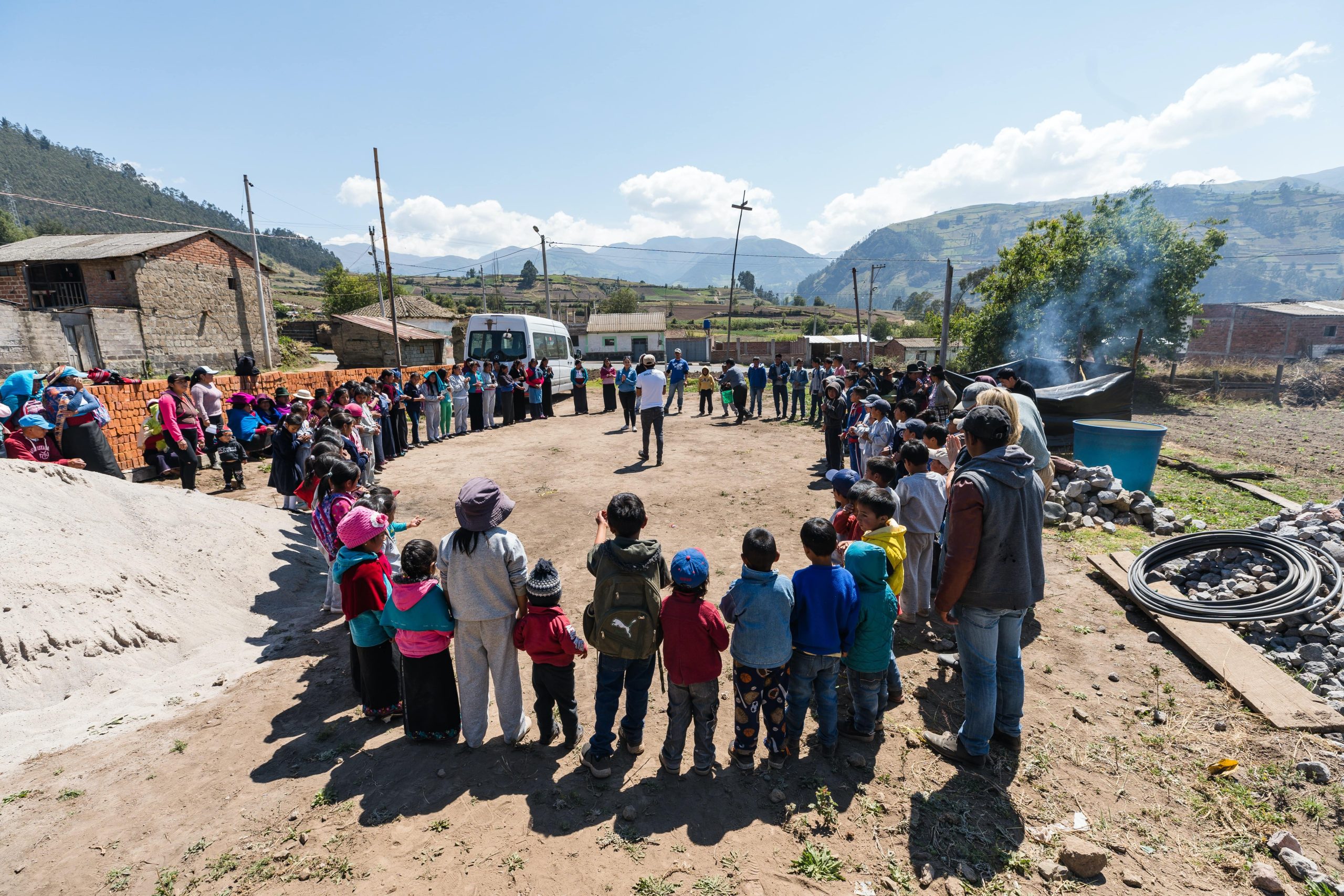For many years, the tourism industry has taken advantage of the places tourists visit and the people who live there in order to meet travelers’ needs and desires.
Even as some destinations promoted community-oriented tourism experiences and tour companies integrated “local” experiences into their offerings, they often did so in a way that perpetuated harm to the very people at the heart of these destinations.
Intentionally or not, the tourism industry used extraction, exploitation, and appropriation to drive interactions between local people and travelers.
The tide has turned significantly in recent years. More destinations are amplifying small businesses, local entrepreneurs, and homegrown initiatives that reflect both the spirit of place and the people who live there. Many travel companies have established partnerships with community organizations, and “giving back” is an integral part of social impact commitments.
This evolution seems to be a shift from how local communities benefit tourism to how tourism can benefit local communities: “How can you help us?” to “How can we help you?”
It’s time to make another shift, this time from “How can we help you?” to “How can we be useful to you?”
This is a much-needed shift in perspective. However, decolonizing the tourism industry requires actually centering communities in the decision-making process and moving away from top-down management and communication. It requires shifting the power dynamic away from external parties and giving more control to those communities with whom tour companies and other service providers interact.
With that in mind, it’s time to make another shift, this time from “How can we help you?” to “How can we be useful to you?”
I recently learned about medical professionals who now ask “How can I be useful to you today?” and this has markedly changed their interactions and relationships with patients. The reasons for this are applicable to any person or company establishing relationships with community partners in the tourism context as well.
It shifts the power dynamics within the relationship.
When you offer or give something to someone else, you have something they do not have. “Help” is something that is offered or given. Offering “help” in the tourism context might mean providing jobs or donating a portion of funds to a local charity. The travel service provider is in the position of power because it holds the product, service, or benefit that is given to the local community.
Asking how you can be useful isn’t about giving something you have (“I am the gatekeeper”) but asking someone to identify what they want or need (“you are the decision-maker”). This puts the potential of tourism within the community in your partner’s hands. It is a far more empowering question.
It decenters the travel service provider.
Shifting the power away from you (the travel service provider) also decenters you, your needs, and your desires. “How can I help you?” focuses on how you are the provider and savior. “How can I be useful to you?” focuses on the community partner’s needs. You are not the focus of this conversation, transaction, or situation. The community is.
There is also a grammatical note of interest that demonstrates this decentering: The subject of a sentence does and the object of a sentence receives. The subject is the thing that performs the action and the object is the thing impacted by the action. In the sentence “How can I help you?,” I is the subject (performer) of the sentence and you is the object (receiver) of the sentence.
Another way of asking the question “How can I be useful to you?” is “How can you use me?” In this case, you (your community partner) is the subject and me is the object.
Ongoing “help” can lead to learned helplessness.
“Help” is a weighted word. It’s been thrown around by charities and the NGO world, and splashed across fundraising campaigns. While many organizations interested in helping mean well, there’s no way to throw off the baggage and saviorism connotation tied to “help.”
Communities and people on the receiving end of “help,” especially for prolonged periods of time, may fall into patterns of learned helplessness. Learned helplessness is when people become conditioned to believe their situation is unchangeable. Taking this one step further, they may come to rely on others to fully recognize and realize their full potential.
Presumably, these are not the conditions we want to create in the tourism industry. If the intention is to empower communities to become storytellers, vocal stakeholders, and collaborators in a vision of tourism that respects, celebrates, and benefits all people and places, perhaps it’s time to ask a new question about how to get there.



